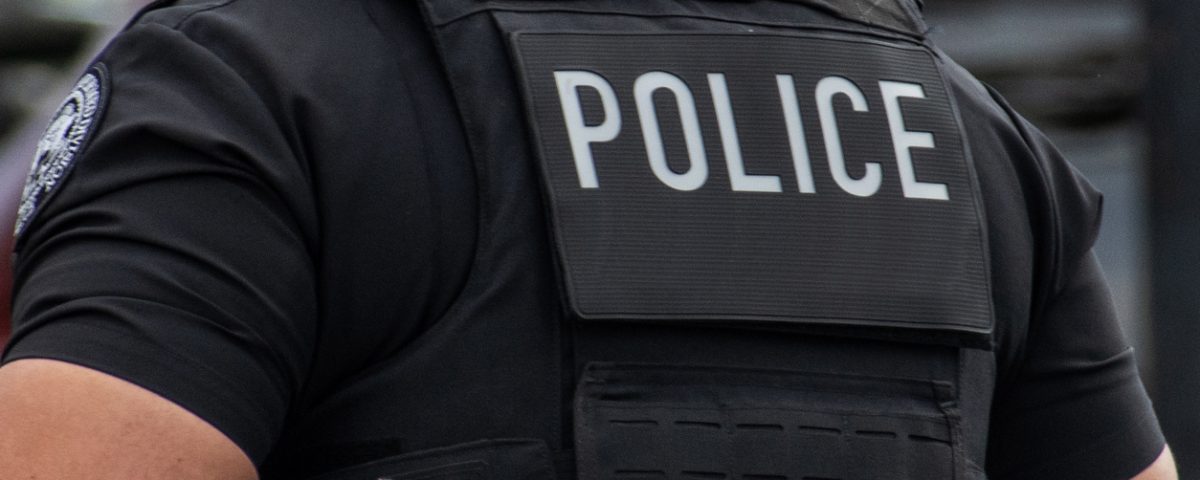How Police Officers Can Stay Safe in the Summer Heat

How Public Officials Could Avoid Failing Their Constituents
June 12, 2023
How to Prepare for an Active Shooter at Summer Camp
June 26, 2023How Police Officers Can Stay Safe in the Summer Heat
When police officers are outside all day in the heat, they can face some unique dangers and health problems. Understanding the duties of a police professional and the risks it carries can lead to your clients making choices to protect themselves. One way for police officers to stay healthy is to learn how to handle the summer heat.
Know the Signs of Police Professional Fatigue and Heat Stroke
When staying safe in the heat as a police officer, those in charge may often have to emphasize the importance of taking breaks and drinking enough water. Bringing a water bottle along is the first step since traveling between different locations can leave a police professional with little time to get another drink. According to the Occupational Safety and Health Administration, workers should drink water every 20 minutes in hot temperatures, even if they do not feel thirsty.
Heat stroke happens when a person’s body temperature rises very high, and the first signs are dizziness, increased slurred speech, and confusion. Officers may also feel their heart rate skyrocketing and notice that they are sweatier than usual. Paying attention to these signs is essential for an officer to be outside for long periods.
Understand When to Take Breaks
Although your clients may insist on a busy schedule, officers must find time to relax and sit when the temperature outside is high. When they sit, they should be in the shade and have a hat on to protect them from the worst of the sun’s rays. Police professionals should also know their limits and remind their coworkers to take breaks.
They should also know that a police professional liability insurance policy may help if they face a lawsuit after an arrest. To prevent mistakes due to heat exhaustion while on duty, police officers should dress appropriately for the weather and apply sunscreen regularly.
Helping Police Officers Realize the Effect It Has on Other People
Since the police have to deal with a variety of tense incidents, it can also help them to calm down other people suffering from heat-related illnesses. By remembering the effects of heat on people’s attitudes and physical state, they can offer water, fans, or other cooling methods when dealing with the public.
Not only can this help a citizen’s health, but it can also prevent a more dangerous incident or potential injury to the officer. Officers should look out for signs of heat stroke or heat exhaustion, particularly when it comes to older adults and homeless people.
Being a Police Professional Involves Knowing How to Handle the Heat
When the weather outside irritates and potentially harms officers, your clients should take steps to remind them of how to handle it. A police professional in the heat should always remember to drink water regularly and know the signs of heat stroke so they do not suffer while on the job. Taking steps to combat the heat can give them the clear mind they need while on duty.
About PGUI
Professional Governmental Underwriters, LLC., is a full-service risk management company dedicated to assisting public, educational and non-profit entities in the management of their professional liability exposures including educators liability insurance. We are dedicated to providing state-of-the-art professional underwriting management and loss control advisory services on behalf of our designated carriers. For more information, call us toll-free at (800) 586-6502.


